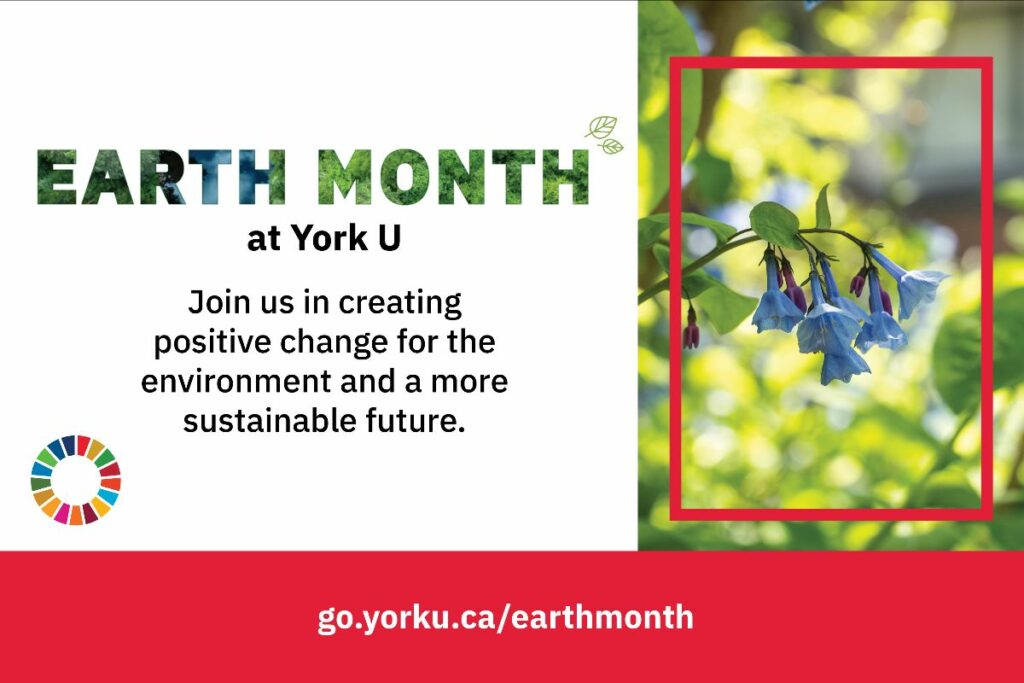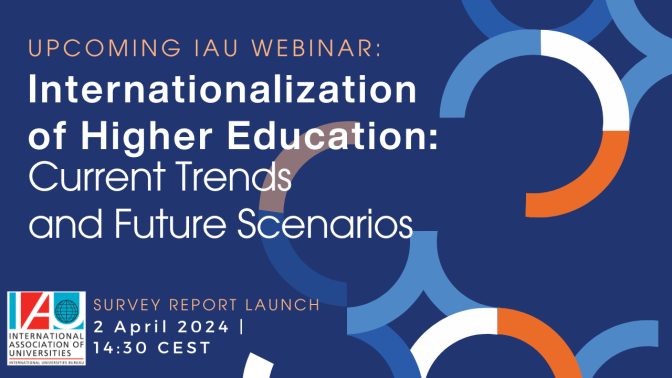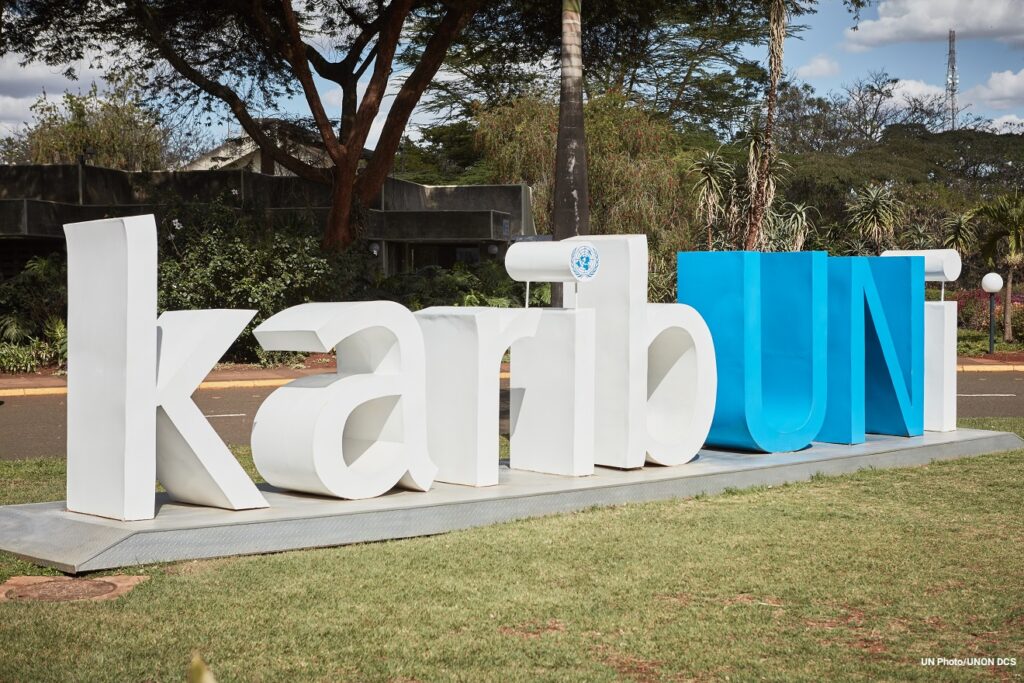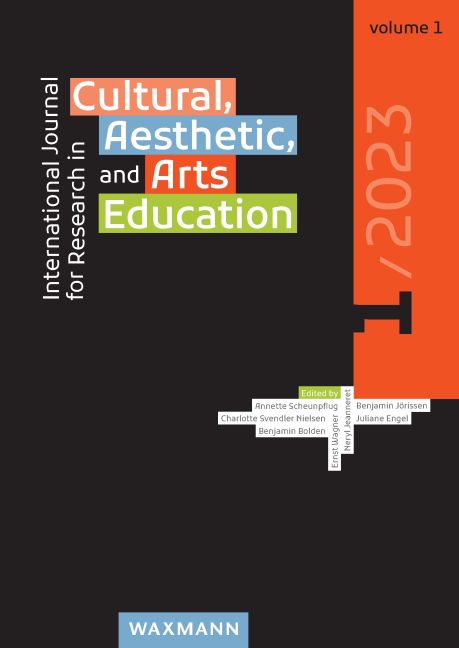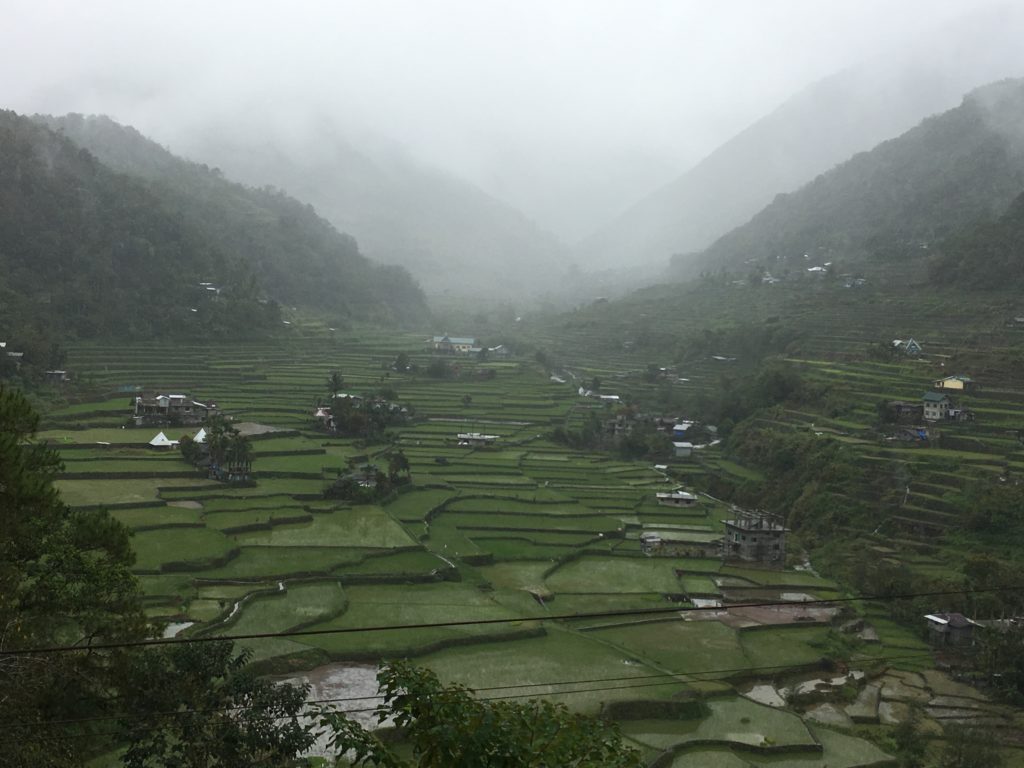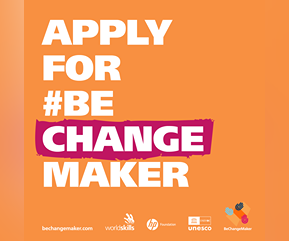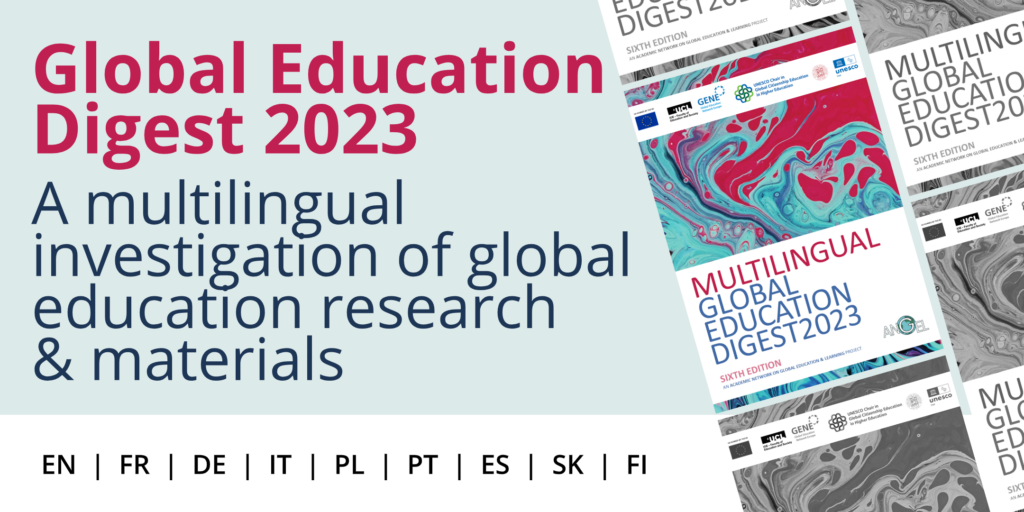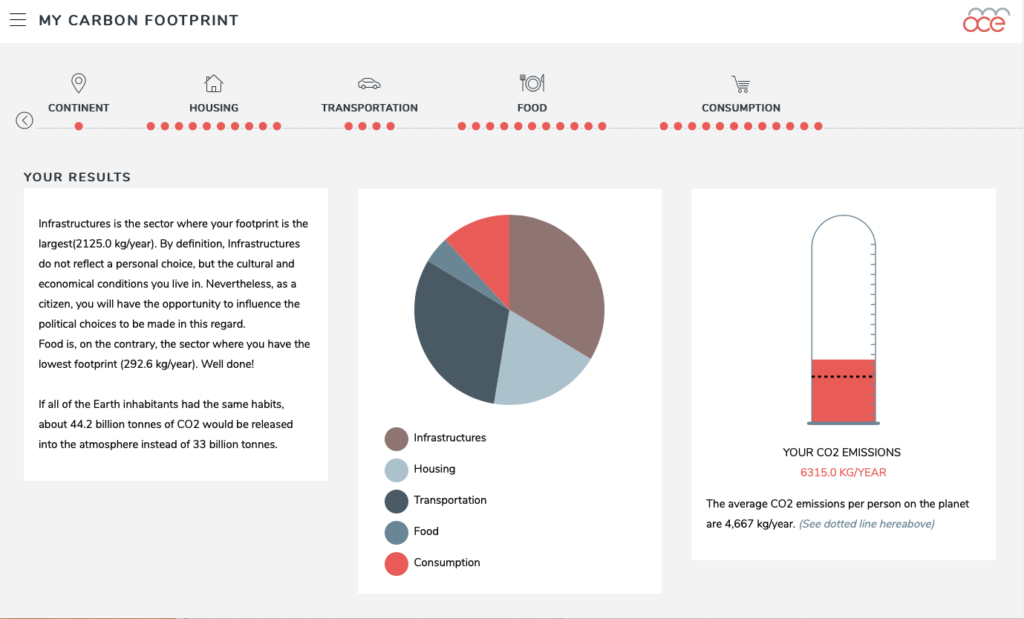Welcome to the York UNESCO Chair April 2024 Newsletter!
April is always an exciting month with Earth Day taking focus on 22 April 2024. For large parts of North America, from Mexico through regions in the United States and Eastern Canada, 8 April 2024 will be a special day with a rare total solar eclipse to take place. We hope that both events will contribute to our sense of interconnectedness, instill a wonder about the universe and foster appreciation about the complexity of nature and its interplay with societies.
Hosted by Learning for Sustainable Future and the Canadian Commission for UNESCO, the 2024 UNESCO Schools Network National Conference will take place in Toronto on 9-11 April 2024 and we look forward to contributing to student and teacher learning in a complicated yet so fascinating world.
Beyond these milestone days, the month of April will have lots to offer to all that are interested in Education for Sustainable Development (ESD) as a concept and regarding its role for education systems including higher education and global engagement. We invite you to read this newsletter and share widely with your networks. Thank you for your interest!
Best wishes,
Charles Hopkins & Katrin Kohl
UNESCO Chair in Reorienting Education towards Sustainability, York University Canada
York University is celebrating Earth Month
On 22 April 2024, we will celebrate Earth Day. 21-28 April 2024 are the dates for Earth Week. York University is making the whole month of April an Earth Month to showcase how a diverse community of changemakers is working together in creating a better future for all beyond York's campuses. Addressing the complex global sustainability challenges that matter the most is one of the core values of the university.
Internationalization of higher education: trends and future scenarios on 2 April 2024
The International Association of Universities (IAU) will launch the report on the 6th Global Survey on the Internationalization of Higher Education in a webinar on 2 April 2024 at 2:30 pm CEST / 8:30 am EST. IAU received responses from 722 higher education institutions in 110 countries and territories. The resulting survey report summarizes the findings and identifies both global and regional trends. The report compares current findings with data from the IAU’s previous Global Surveys on Internationalization to explore long-term changes occurring in the internationalization field. High-level speakers from Europe, the Middle East, as well as the Americas will discuss the latest survey findings.
Apply by 5 April 2024 to become a Young Champions of the Earth
It is Earth Month, so go ahead and make a difference! If you or someone you know has a minimum of 6 months of experience working on an idea to protect or restore the environment and are between 18 and 30, apply now to become a Young Champions of the Earth. The Young Champions of the Earth is a flagship youth engagement initiative of the United Nations Environment Programme.
The award is given to ambitious young people from around the world with outstanding ideas to protect and restore the environment and includes mentoring, seed funding, and extensive media coverage. Outside-the-box or path-breaking ideas and solutions that showcase nature’s potential in addressing the triple planetary crisis of climate change, biodiversity loss, and pollution and waste will be awarded for young changemakers from each global region: Africa, Europe, Latin America and the Caribbean, North America, West Asia, and two from Asia and the Pacific. The deadline for applications ends on 5 April 2024.
Registration still open until 5 April 2024: participate in the UN Civil Society Conference on 9-10 May 2024
In advance of the UN Summit of the Future in September, the 2024 UN Civil Society Conference will be held in Nairobi (Kenya) on 9-10 May 2024. The event will bring together senior UN System officials with prominent international civil society organizations, academicians, researchers, public opinion makers and international media to discuss a more effective implementation of the SDGs to achieve the 2030 Agenda for Sustainable Development. The conference offers civil society organizations an opportunity to put a global perspective on specific issues. It is also a unique occasion for civil society organizations to network and share best practices at the international level.
Webinar on climate, justice and education on 8 April 2024
Quality education with ESD at the core can promote climate literacy and awareness, and encourage the adoption of sustainable practices. Quality education can also effectively promote climate change mitigation and adaptation strategies. Addressing climate change and promoting environmental sustainability can create a safe and healthy environment for learning and ensure that current and future generations have access to quality education. Register for this webinar on 8 April 2024 at 6:30 pm CEST / 12:30 pm EST to join the discussion on how to move from awareness to action.
Canadian teacher education series on accelerating climate change education: next webinar on 10 April 2024
The next iteration of the Teacher Educators’ Webinar Series under the theme Climate, Complexity & Relational Accountability will take place on 10 April 2024 at 7:00 pm EST. The climate and nature emergency are results of the ongoing systemic violence that we perpetuate towards one another and the planet. This webinar will introduce a methodology designed to assist in confronting the painful realities of climate destabilization and biodiversity loss, and the complexities of addressing these challenges, without feeling overwhelmed.
Canadian K-12 educator series on accelerating climate change education: next webinar on 16 April 2024
The next iteration of the K-12 Educators Webinar Series under the theme Climate Ready Schools with EcoSchools Canada will take place on 16 April 2024 at 7:00 pm EST. In this engaging session, three K-12 educators from across Canada will share their innovative approaches to integrating climate education into their programming as part of their EcoSchools Canada certification.
Virtual internationalization in higher education on 17 April 2024
On 17 April 2024 at 3:30 pm CEST / 9:30 am EST, IAU holds an offering for the global higher education audience: As a concept or set of practices, global engagement is subject to constant reform and re-definition, now including virtual approaches as a regular practice. Ideas like Collaborative Online International Learning (COIL) and Virtual Exchange have flourished in recent years. This webinar brings together practices and debates on the continuously changing concept of virtual internationalization.
Apply by 29 April 2024: International Green Gown Awards 2024
The prestigious International Green Gown Awards are open for application in partnership with the Association of Commonwealth Universities, L’Agence universitaire de la Francophonie, International Association of Universities, and the Higher Education Sustainability Initiative. Eight categories are open for submission until 29 April 2024: 2030 Climate Action, Benefitting Society, Creating Impact, Diversity, Equity & Inclusion in Sustainability, Nature Positive, Next Generation Learning & Skills, Student Engagement, and Sustainability Institution of the Year.
Call for papers open until 30 April 2024: International Journal for Research in Cultural, Aesthetic, and Arts Education - Sensing the Anthropocene
Our colleagues from the UNESCO Chair in Digital Culture and Arts in Education at the University of Erlangen-Nuremberg (Germany) are pleased to share a new opportunity to publish with our networks: The call for papers for the next issue of the peer-reviewed, open access International Journal for Research in Cultural, Aesthetic, and Arts Education (IJRCAAE) is open for abstract submission by 30 April 2024.
Focusing on Sensing the Anthropocene: Post-digital Entanglements in Culture, Aesthetics, and Arts Education, proposals on research and research interests are welcomed from national and global networks. All articles in IJRCAAE are published in open access, making them freely available to read and download. APCs will be covered by the UNESCO Chair in Digital Culture and Arts in Education. Authors do not have to pay for submitting proposals or publishing
accepted articles.
Participate by 30 April 2024: international survey exploring perception of faculty engagement in sustainability
Exploring perception of faculty engagement in sustainability is an international survey aiming to identify levers of action and best practices. It is hoped to deepen the understanding of how faculty approach education for sustainability and to catalyze the transformative change needed in education systems. Research objectives are to:
- Examine the various profiles of faculty members,
- Assess the factors influencing faculty engagement in sustainability,
- Better understand the resources needed for each group,
- Systematically identify, document, and analyze best practices.
To effectively enable a lasting cultural shift that accelerates education for sustainability, listening is vital. Please share your insights if you work promoting the integration of sustainability into the curriculum.
Call for abstracts open until 1 May 2024: 12th International Conference on Sustainable Development
The Sustainable Development Solutions Network (SDSN) and the Global Association of Master’s in Development Practice Programs will hold the 12th Annual International Conference on Sustainable Development as a hybrid event on 19-20 September 2024. Under the theme Solutions for the Future, the conference will bring together research, policy, practice, and business, in advance of the 2024 UN Summit of the Future. The call for abstracts, presenting practical solutions, is open now and until 1 May 2024.
Webinar series on building green, inclusive, and climate-resilient urban communities
The UNESCO Institute for Lifelong Learning is hosting the Learning Cities webinar series on Building green, inclusive and climate-resilient urban communities – the learning cities approach. These webinars will explore a variety of topics related to learning city development, with a particular emphasis on how the climate crisis affects local communities. Special attention will be given to examining the connections between the climate emergency and other thematic areas of focus within the global network, including ESD, lifelong learning for health and global citizenship education. The next webinar will take place on 17 April 2024 at 2:00 pm CEST / 8:00 am EST.
Apply by 25 May 2024 to become recognized as a Young Changemaker
Here is another opportunity for young changemakers from around the world: Be part of the solutions for achieving the SDGs. #BeChangeMaker2024 is seeking applicants between 18 and 35 with business ideas addressing global challenges. Presented by #WorldSkills and HP LIFE, and supported by UNESCO-UNEVOC, finalists receive free business training, coaching and cash prizes. Applications will be open until 25 May 2024.
New podcast recommendations on higher education for sustainable development
Join EDuC podcast
In its first season, the EDuC Podcast explores innovative ideas thanks to insightful discussions with positive change makers, who are sharing their views on the role of higher education in preparing learners to create positive impact around them. Listen in and stay tuned for the next season.
EUA higher education in practice
And another new podcast highlighting European perspectives: The European Universities Association (EUA) has premiered a new four-episode series, dedicated to key issues in higher education. The series consists of interviews with selected professionals from European higher education institutions.
In case you missed it...
UNESCO report: Why the world needs happy schools
As a follow-up to the UN Transforming Education Summit, UNESCO is promoting the concept of Happy Schools to achieve these schools of the future. Happy Schools offers a framework to transform schools into stimulating places to learn, to be, and to learn to live together sustainably and peacefully. UNESCO identified the key criteria — people, processes, place, and principles — to be addressed to promote happiness in and for learning.
UN High-Level Panel on the Teaching Profession
Aimed at transforming the future of the teaching profession, this document presents the Recommendations of the United Nations Secretary-General’s High-Level Panel on the Teaching Profession. Is presents a summary of perspectives, drawing on the panel members’ personal expertise, relevant literature, and the preparatory work of the Transforming Education Summit, in particular action track 3 on teachers, teaching and the teaching profession.
Global framework on culture & arts education
Adopted at the World Conference on Culture and Arts Education, organized by UNESCO and United Arab Emirates in Abu Dhabi (13-15 February 2024), this new global Framework for Culture and Arts Education stresses the need for lifelong learning in culture and art within all types of educational settings, and for placing culture and the arts at the heart of education policies and programs.
A new SDG 4 Scorecard report available now
The new SDG 4 Scorecard Progress Report on National Benchmarks: Focus on Teachers has recently been published. Setting SDG 4 benchmarks is a novel UNESCO-led process, It has involved countries specifying their contribution to the achievement of the global targets based on their national plans and policies. This report focuses on the benchmark indicator on qualified and trained teachers.
Global Education Digest 2023
The ANGEL Network just released the sixth edition of the Global Education Digest. The report traces and presents academic and research materials relevant to the field of global (citizenship) education in nine different languages, providing an invaluable guide for researchers, policymakers and practitioners, and facilitating an overview of the development of this area of research.
Last but not least: a carbon footprint multimedia activity for all learners
Comprehending our personal impact on the planet is not easy. Especially designed for students but useful for learners of all ages, the UNESCO Office for Climate Change Education carbon footprint calculator including methodology is an interactive animation helping to realize how much each of our actions or daily habits contribute to greenhouse gas emissions. The engagement with the carbon footprint calculator is hoped to encourage thinking and acting in concrete ways to reduce our collective impact on the planet.


